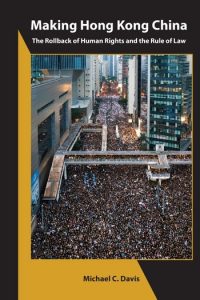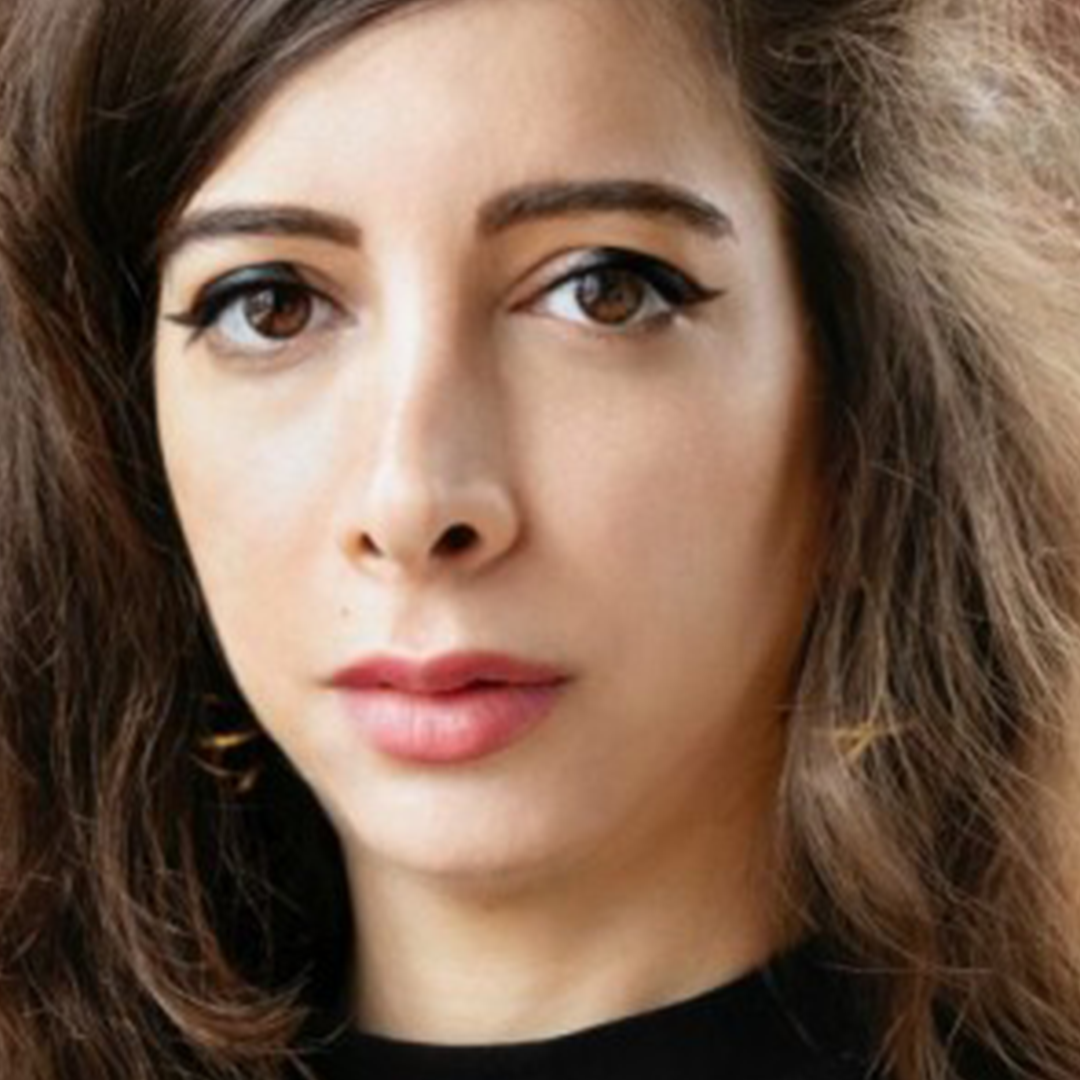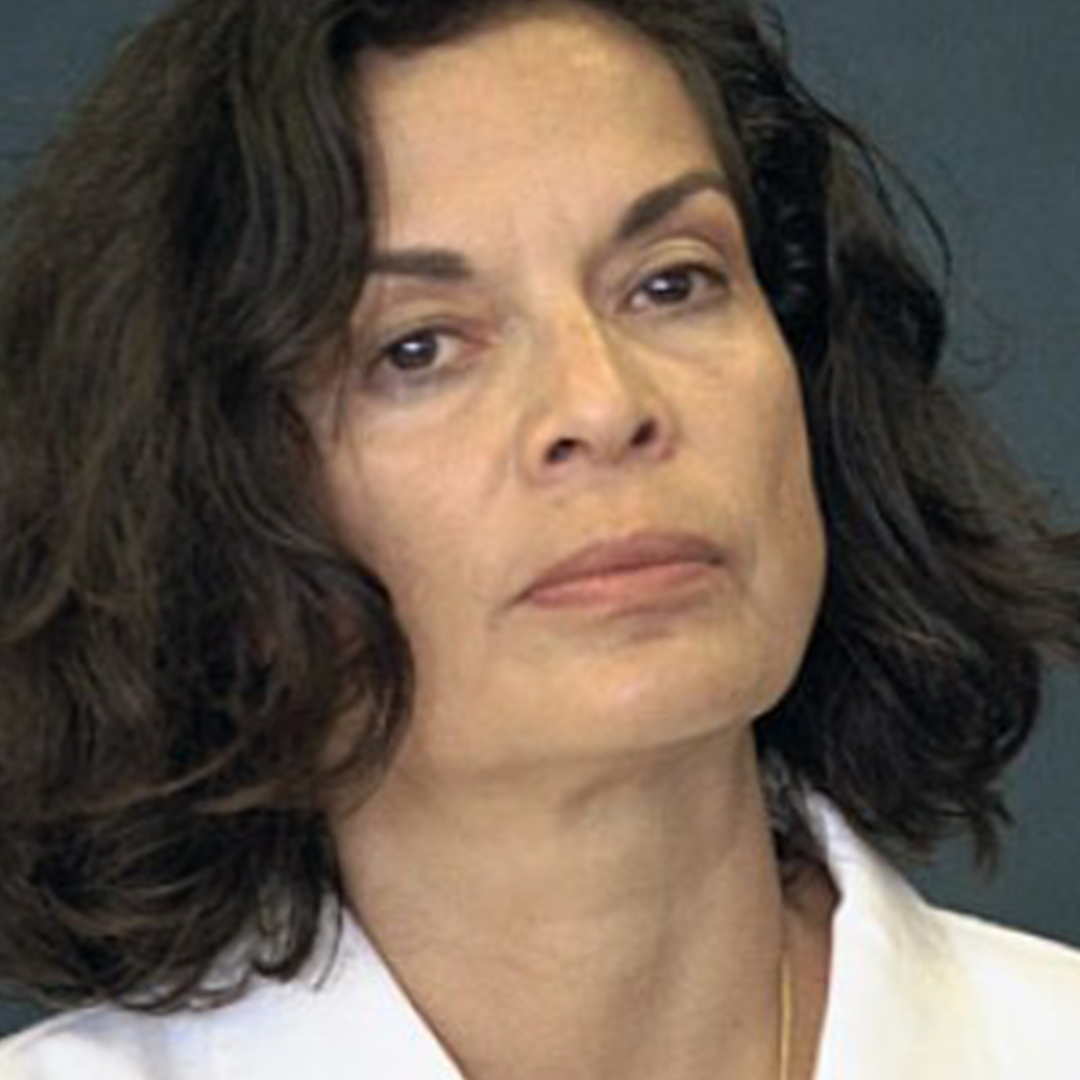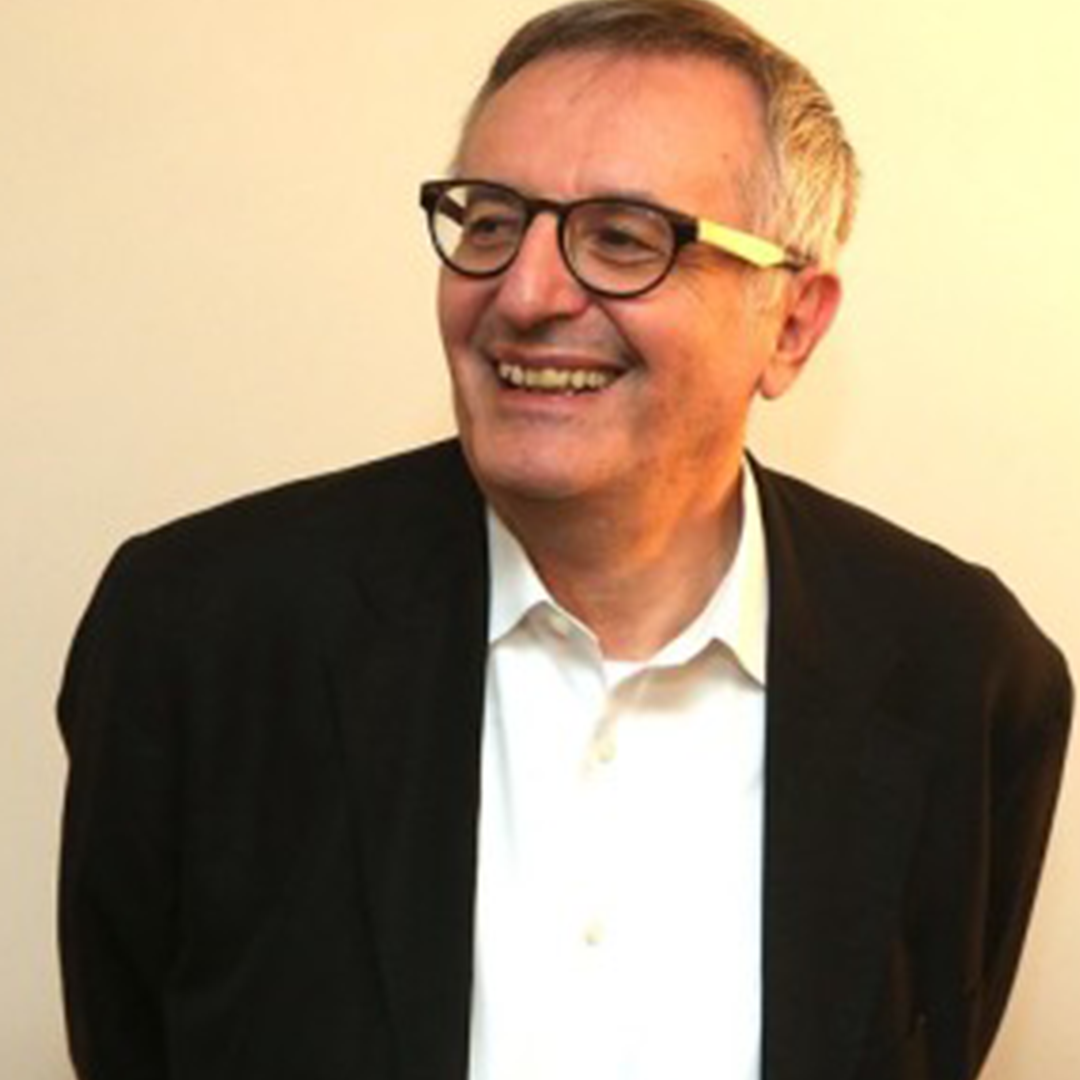7 Jan 2021 | China, Hong Kong, News and features
[vc_row][vc_column][vc_single_image image=”115971″ img_size=”full” add_caption=”yes”][/vc_column][/vc_row][vc_row][vc_column][vc_column_text]Two countries, one system.
That, effectively, is the policy in Hong Kong and China after more than 50 pro-democracy activists were arrested yesterday morning under the National Security Law for their part in the pro-democracy primaries last July.
The primaries were held to identify pro-democracy candidates for Hong Kong’s Legislative Council (LegCo) elections which were due in September 2020.
At the time, HKSAR chief executive Carrie Lam said, “If this so-called primary election’s purpose is to achieve the ultimate goal of delivering what they called ’35+’ [lawmakers], with the objective of objecting or resisting every policy initiative of the HKSAR government, it may fall into the category of subverting the state power – one of the four types of offences under the national security law (NSL).”
Lam subsequently postponed the 2020 LegCo elections, citing a resurgence in Covid-19 and claiming support for the move from Beijing.
Lam’s threat has now materialised, with many of the candidates and organisers of the primaries now arrested for breaking the NSL.
Several of the candidates for the primaries had already fled to exile, including Nathan Law, Ted Hui and Sunny Cheung.
The three issued a joint statement saying, “This has yet again proven how the National Security Legislation tramples upon One Country, Two Systems. The indiscriminate arrest concerns political figures from all sides of the spectrum. The unprecedented scale indicates how the Communist government had decided to purge the democratic camp, silencing all dissent.”
The three said that the ambiguity of the law now threatens all 600,000 Hongkongers who cast their votes in the primaries.
Benedict Rogers, CEO of Hong Kong Watch believes the arrests mean no one in Hong Kong is safe anymore.
“The simple act of organising a primary election for the purposes of selecting candidates for the pro-democracy camp ahead of Hong Kong’s planned Legislative Council elections is now deemed an act of subversion under the draconian national security law, carrying with it the potential for years in prison,” he told Index.
“Potentially any expression of desire for democracy or dissent from the Chinese or Hong Kong governments could be a criminal act. The national security law and its vaguely defined crimes of subversion and collusion with foreign political forces, imposed on Hong Kong last July, already threatened freedom of expression in Hong Kong, and now the arrests we have seen in recent months and especially these mass arrests prove that this draconian law has destroyed freedom of expression in Hong Kong.”
The UN clearly agrees with this view that everyone now needs to be waiting for the knock at the door.
A spokesperson for the UN Human Rights Office said, “These latest arrests indicate that – as had been feared – the offence of subversion under the National Security Law is indeed being used to detain individuals for exercising legitimate rights to participate in political and public life.”
The situation all seems a very long way from what is laid out in the Sino-British Joint Declaration which promised to maintain the status quo until 2047.
Lord Patten, who was governor of Hong Kong at the time of the handover, told Sky News that the arrest of pro-democracy activists was a “further turning of the screw”.
He said, “This is a further attempt to destroy the freedoms of a city that has thrived under the rule of law. The people who have been arrested are not radicals, they have not been guilt of violence, they are lawyers, academics, social workers. [These are the] people who organised a vote to choose the best candidates for the elections which were then postponed, arguably because of Covid.”
UK foreign secretary Dominic Raab said that the mass arrest was “a grievous attack on Hong Kong’s rights and freedoms as protected under the Joint Declaration” and that “the Hong Kong and Chinese authorities deliberately misled the world about the true purpose of the National Security Law”.
Tom Tugendhat MP , chairman of the Foreign Affairs Committee, called it a “tragedy”, saying, “Eroding free speech and detaining democrats is an act of violence against the people of Hong Kong and the economy they have built.”
Chinese exiled cartoonist Badiucao expressed his sentiments over the arrests with his latest work.
The UN has also urged the authorities to guarantee the right to freedom of expression in the context of ongoing investigations, including by allowing journalists and news organisations to fully and freely exercise their legitimate functions.
The authorities seem unlikely to comply. Various Hong Kong publications were served with a search warrant asking for the contact information of primary election candidates. This led Tom Grundy, co-founder of Hong Kong Free Press who spoke on our podcast just before Christmas, to say, “Hong Kong newsrooms are not phonebooks for the police to call upon as they wish.”
Whether it was coincidence that the arrests took place on a day when the world’s attention was distracted towards the USA or not – which is not beyond the Chinese Communist Party – many have highlighted the irony.
Journalist Tony Lin spoke for many when he tweeted, “So many nuances need to be addressed, but at core what many ppl fought for in Hong Kong was EXACTLY what DC extremists trying to dismantle in the US: the right to vote.”
In their statement, Nathan Law, Ted Hui and Sunny Cheung express what many are now feeling.
“Foreign governments must reconsider whether Hong Kong should be treated differently from China,” they added. “Leaders of the free world must recognise the ambition and the despotic nature of the Chinese Communist Party.”
[/vc_column_text][/vc_column][/vc_row][vc_row][vc_column][three_column_post title=”You may also want to read” category_id=”40980″][/vc_column][/vc_row]
24 Dec 2020 | Opinion, Ruth's blog
[vc_row][vc_column][vc_single_image image=”115942″ img_size=”full” add_caption=”yes”][vc_column_text]2020 will undoubtedly be a year studied for generations, a year dominated by Covid-19.
A year in which 1.77 million people have died (as of this week) from a virus none of us had heard 12 months ago.
We have all lived in various stages of lockdown, some of our core human rights restricted, even in the most liberal of societies, in order to save lives.
A global recession, levels of government debt which have never been seen in peacetime in any nation.
Our lives lived more online than in the real world. If we’ve been lucky a year dominated by Netflix and boredom; if we weren’t so lucky a year dominated by the death of loved ones and the impact of long Covid.
Rather than being a year of hope this has been a year of fear. Fear of the unknown and of an illness, not an enemy.
Understandably little else has broken through the news agenda as we have followed every scientific briefing on the illness, its spread, the impact on our health services, the treatments, the vaccines, the new virus variants and the competence of our governments as they try to keep us safe.
But behind the headlines, there have been the stories of people’s actual lives. How Covid-19 changed them in every conceivable way. How some governments have used the pandemic as an opportunity to bring in new repressive measures to undermine the basic freedoms of their citizens. Of the closure of local newspapers – due to public health concerns as well as mass redundancies of journalists due to a sharp fall in revenue.
2020 wasn’t just about the pandemic though.
We saw worldwide protests as people responded under the universal banner of Black Lives Matter to the egregious murder of George Floyd.
In Hong Kong, the CCP enacted the National Security Law as a death knell to democracy and we saw protestors arrested and books removed from the public libraries – all under the guise of “security”.
The world witnessed more evidence of genocidal acts in Xinjiang province as the CCP Government continues to target the Muslim Uighur community.
In France, the world looked on in horror as Samuel Party was brutally murdered for teaching free speech to his students.
Genuine election fraud in Belarus led to mass protests, on many occasions led by women – as they sought free and fair elections rather than the sham they experienced this year.
In America, we lived and breathed the Presidential Election and witnessed the decisive victory of a new President – as Donald Trump continued to undermine the First Amendment, the free press and free and fair democracy.
In Thailand, we saw mass protests and the launch of the Milk Tea Alliance against the governments of Hong Kong, Thailand and Taiwan, seeking democracy in Southeast Asia.
In Egypt, the world witnessed the arrest of the staff of the EIPR for daring to brief international diplomats on the number of political prisoners currently held in Egyptian jails.
Ruhollah Zam was executed by his government for being a journalist and a human rights activist in Iran.
This is by no means an exhaustive list. From Kashmir to Tanzania to the Philippines we’ve heard report after report of horrendous attacks on our collective basic human rights. 72 years after United Nations adopted the Universal Declaration of Human Rights we still face daily breaches in every corner of the planet.
While Index cannot support every victim or target, we can highlight those who embody the current scale of the attacks on our basic right to free expression.
Nearly everybody has experienced some form of loneliness or isolation this year. But even so we cannot imagine what it must be like to be incarcerated by your government for daring to be different, for being brave enough to use your voice, for investigating the actions of ruling party or even for studying history.
So, as we come to the end of this fateful year I urge you to send a message to one of our free speech heroes:
- Aasif Sultan, who was arrested in Kashmir after writing about the death of Buhran Waniand has been under illegal detention without charge for more than 800 days;
- Golrokh Emrahimi Iraee, jailed for writing about the practice of stoning in Iran;
- Hatice Duman, the former editor of the banned socialist newspaper Atılım, who has been in jail in Turkey since 2002;
- Khaled Drareni, the founder of the Casbah Tribune, jailed in Algeria for two years in September for ‘incitement to unarmed gathering’ simply for covering the weekly Hirak protests calling for political reform in the country;
- Loujain al-Hathloul, a women’s rights activist known for her attempts to raise awareness of the ban on women driving in Saudi Arabia;
- Yuri Dmitriev, a historian being silenced by Putin in Russia for creating a memorial to the victims of Stalinist terror and facing fabricated sexual assault charges.
Visit http://www.indexoncensorship.org/JailedNotForgotten to leave them a message.
Happy Christmas to you and yours and here’s to a more positive 2021.[/vc_column_text][/vc_column][/vc_row][vc_row][vc_column][three_column_post title=”You may also want to read” category_id=”41669″][/vc_column][/vc_row]
14 Dec 2020 | Magazine, Magazine Editions, Volume 49.04 Winter 2020
Journalist
Zahra Hankir is a Lebanese journalist. She is editor Our Women on the Ground and was formerly at Bloomberg. She lives between Beirut, London and New York
Campaigner
Bianca Jagger is president and chief executive of the Bianca Jagger Human Rights Foundation. She is a prominent voice in the human rights field. She is from Nicaragua
Philosopher
John Gray is an English political philosopher. He is the author of Mill on Liberty: A Defence and Two Faces of Liberalism
11 Nov 2020 | China, Hong Kong, News and features
[vc_row][vc_column][vc_column_text] In 2019, the world looked on as millions of ordinary Hongkongers took to the streets to protest a proposed extradition law and to demand democratic reform. People around the globe were witnessing a piece of this great city’s history and feeling every ripe emotion alongside Hong Kong’s determined protesters.
In 2019, the world looked on as millions of ordinary Hongkongers took to the streets to protest a proposed extradition law and to demand democratic reform. People around the globe were witnessing a piece of this great city’s history and feeling every ripe emotion alongside Hong Kong’s determined protesters.
That moment is where this narrative begins. It is the story of a city whose people, since the handover in 1997, have felt the full catalog of emotions inspired by the onslaught of authoritarianism—anxiety, hope, despair, trepidation, and fear. Anxiety has always been part of Hong Kong’s handover story. Hope rose both from the signing of the 1984 Sino-British Joint Declaration and the passage of the 1990 Hong Kong Basic Law, as well as from later widely-supported popular protests for political reform. Despair was fueled by Beijing’s ignoring of such popular demands. Trepidation stemmed from the violence on the streets and a worry that Beijing might respond with heavy-handed repression. Fear is what has now settled on the community.
One year after the protests began, and twenty-three years after the handover, 2020 has given way mostly to a level of fear, unseen before in Hong Kong, about the future. At the center of it all is anxiety about the arrest of anyone who might have once dared to speak up, brought on by the new national security law. Beijing’s direct intervention has exposed its profound distrust of Hong Kong’s institutions, as it installs various direct controls at all levels of the criminal justice process, including the executive, the police, the Justice Department, and the courts. This intervention has brought a chill to Hong Kong’s much vaunted rule of law, its dynamic press, its world-class universities, and its status as Asia’s leading financial center.
This chilling effect is especially dramatic because of Hong Kong’s long-established status as the freest economy in Asia and the world. This freedom, however, is not limited to economics: there are many dramatic distinctions between life in Hong Kong and life on the mainland. These differences have breathed a very distinct identity into Hong Kong, and they have driven the passions that have exploded in the Hong Kong protests.
In fact, it is this very freedom that China sought to preserve with the “one country, two systems” model embodied in the Joint Declaration and the Basic Law, which was enacted to carry out the 1984 treaty. This is a point that the Chinese Communist Party (CCP) seems to have long forgotten, as a lack of political will to uphold these commitments has taken over.
But to understand what is now lost for Hong Kong and the world, we must acknowledge what this city long had, and how it differed from the systemic repression in mainland China. Perhaps the most celebrated distinction is Hong Kong’s annual vigil of the June 4, 1989, Tiananmen massacre in Beijing. Hong Kong was long the only place on Chinese soil where such a remembrance was permitted—at least until 2020, when it was disallowed due to the coronavirus pandemic. I have attended most memorials since that violent day in 1989. And now, I fear that a similar fate by another means awaits those who continue to ardently defend their city’s dying democracy. For Hong Kong, this fate may arrive by a slow burn instead of tanks in the street, but the destination may be the same.
…..
For the first time in my thirty years of teaching human rights and constitutionalism at two of Hong Kong’s top universities, the contents of my syllabus might be cause for arrest or dismissal. Every year I have lamented that my course was illegal just thirty miles away on the mainland, joking wryly with my students that one of the starkest differences between Hong Kong and the mainland is found in our classroom. The entire syllabus is prohibited on the mainland by China’s famous Document 9, which forbids promoting topics like constitutionalism, the separation of powers, and Western notions of human rights.
Many in the academy now wonder whether this national security law brings something akin to Document 9 to Hong Kong. A rash of dismissals of Hong Kong secondary teachers for supporting the 2019 protests had already raised concern that only a syllabus friendly to the People’s Republic of China (PRC) can now be taught, or that teachers who differ with such directives will soon be exposed. Will such pressures threaten the global preeminence of Hong Kong’s universities, with several now ranked among the top fifty in the world? Will professors who speak up, or who freely teach sensitive topics, and encourage or inspire dedication to the same, risk arrest or dismissal under the new law? …
Looking beyond academics, Hong Kong’s legal profession has special cause for concern with the changed conditions under the new law. Several changes strike at the very heart of Hong Kong’s rule of law. Hong Kong has long had a very active and progressive bar, which has recently expressed deep concern about the new national security law. The Hong Kong Law Society, the membership organization of solicitors under Hong Kong’s divided profession, has also had many active human rights defenders.
Both law associations are right to be concerned. On July 7, 2015, in the so-called 709 Incident, Chinese authorities on the mainland rounded up around 250 lawyers, advocates, and other human rights defenders. The bulk of them were charged under China’s national security laws, either with “subversion of state power” or “picking quarrels and provoking trouble,” and possibly incitement of the same. These lawyers, who were generally found guilty, were mostly organizing and providing legal defense to human rights activists and protesters. … Will the mainland system regarding the treatment of human rights defenders now come to Hong Kong under the heading of national security?
Groups of Hong Kong lawyers have been providing pro bono or low-cost defense of the many protesters who were arrested in 2019. A progressive lawyers’ group has also politically advocated against human rights violations in relation to the protests. What risks do these lawyers face?
The new national security law raises a host of concerns for national security trials. Under the new law, only a select panel of judges are allowed to try national security cases locally, and those judges can be dismissed from the select list of national security judges if they make statements that are thought to endanger national security. …
The gaping differences with the mainland, easily discernable to the casual observer, of course, go well beyond street protests and academics or the law and lawyers. These differences touch ordinary people’s lives in many ways. Before the new national security law was passed, a bookstore or bookfair in Hong Kong could have a full selection of books commenting on local or global affairs or even criticizing China’s leaders. Such books, including an earlier one of my own, were all banned on the mainland, though the tendency of mainland companies to own most local bookstores in Hong Kong already imposed self-censorship.
Nevertheless, pretty much any book or reading source could be obtained either in stores or online. The availability of a wider selection of books was long an attraction for mainland tourists who would then have to figure out how to smuggle them home. Within a week of the passage of the new national security law, public libraries in Hong Kong were already removing sensitive books from the shelves, and schools were being told to ban certain forms of protest speech.
…
These freedoms and much more are now at stake under the national security law. This new fear was clearly understood, when just hours before the new national security law went into effect, several organizations, including an activist group called Studentlocalism and the prominent local political party, Demosisto, disbanded. Demosisto had planned to run candidates for the Legislative Council in the coming September 2020 election. The party’s alleged sin was its earlier—and later dropped—promotion of self-determination for Hong Kong. Compared to those few who advocated for independence, this is a moderate position. Four former members of Studentlocalism would later be arrested, allegedly for organizing a new pro-independence group and calling for a “republic of Hong Kong.”
Though it was not introduced as such, the new national security law is effectively an amendment to the Hong Kong Basic Law. Like the Basic Law, it expressly provides for its own superiority over all Hong Kong’s local laws. It is also seemingly superior, where any conflicts exist, to the Hong Kong Basic Law. The Basic Law and the national security law are both national laws of the PRC. Under principles contained in the PRC Legislative Law, a national law that is enacted later in time and that is more specific in content is superior to an earlier, more general national law. Independent of such legal niceties, a local Hong Kong court would be in no position to declare any part of the new national security law invalid for being inconsistent with the human rights guarantees in the Basic Law.
Earlier, when a Hong Kong court had the temerity to declare invalid a government ban on the wearing of face masks, which protesters were wearing during the 2019 demonstrations to hide their identity, officials in Beijing immediately slammed the court. They declared that there was no separation of powers in Hong Kong and thus no basis for the judicial review of legislation—a claim long disputed by local judges. Intimidation was clearly intended and the court of appeals backed off, reversing the trial court and upholding most of the ban. In an ironic twist, with the pandemic in 2020, masks are required to be worn in public areas.
Such constitutional judicial review, long a bedrock of the Hong Kong legal system, has frequently come under mainland official threat. In the national security law, Beijing has again demonstrated its distrust of the Hong Kong courts by expressly assigning the power to interpret the new law to the standing committee of the National People’s Congress (NPC), and by blocking judicial review of national security officials.
With this new national security law incorporated into the Basic Law fabric, Hong Kong effectively has a new hardline national security constitution. No heed was taken of the deep concerns about the city’s evolving character expressed eloquently by millions of Hongkongers marching through Hong Kong’s sweat-drenched streets in the summer of 2019.
Michael C. Davis is visiting professor in the Faculty of Law at the University of Hong Kong, where he teaches core courses on international human rights. His book Making Hong Kong China: The Rollback of Human Rights and the Rule of Law is published this November by Columbia University Press.
It assesses the current state of the “one country, two systems” model that applies in Hong Kong, juxtaposing the people’s inspiring cries for freedom and the rule of law against the PRC’s increasing efforts at control. Chapters look at the constitutional journey of modern Hong Kong, discussing the Basic Law; Beijing’s interventions and the recent historical road to the current crisis; Beijing’s increased interference leading up to the 2019 protests; the 2019 protests and growing threats to the rule of law; the national security law launched in mid-2020; international interaction and support; and finally, the current status of Basic Law guarantees as they may shape the road ahead. Click here for more on the book.
…[/vc_column_text][/vc_column][/vc_row]




 In 2019, the world looked on as millions of ordinary Hongkongers took to the streets to protest a proposed extradition law and to demand democratic reform. People around the globe were witnessing a piece of this great city’s history and feeling every ripe emotion alongside Hong Kong’s determined protesters.
In 2019, the world looked on as millions of ordinary Hongkongers took to the streets to protest a proposed extradition law and to demand democratic reform. People around the globe were witnessing a piece of this great city’s history and feeling every ripe emotion alongside Hong Kong’s determined protesters.